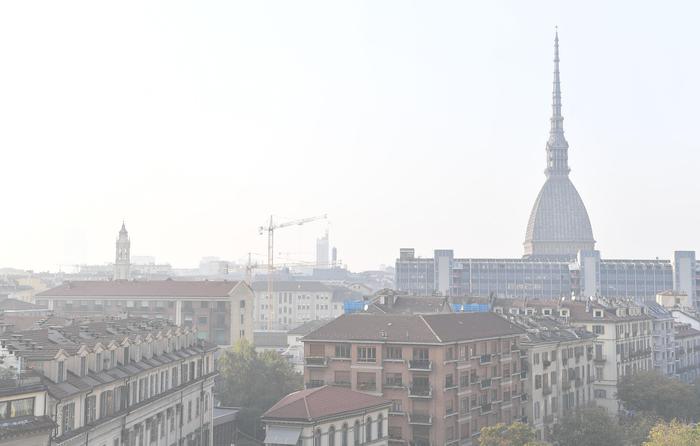(ANSA) - ROME, JANUARY 04 - Atmospheric particulate matter does not favor the spread of Covid-19 into the air.
This is what emerges from a study conducted by the Institute of Atmospheric and Climate Sciences of the National Research Council (Cnr-Isac), offices in Lecce and Bologna, and by the Regional Agency for Environmental Protection-Arpa Lombardia published in the journal of sciences environmental Environmental Research.
The research conducted by analyzing the data, for the winter of 2020, of the outdoor environments for the cities of Milan and Bergamo, among the most relevant Covid-19 centers in Northern Italy (in Lombardy in May 2020 76,469 cases, equal to 36.9% of Italian total of 207,428 cases) shows that "atmospheric particulate matter and viruses do not interact with each other".
Thus "therefore, excluding the recollection areas - we read -, the probability of greater transmission into the air of the infection outdoors in areas with high atmospheric pollution appears essentially negligible".
Why the geographic distribution of the epidemic was so irregular - the researchers reiterate - is still the subject of debate in the scientific community.
The research estimated the concentrations of viral particles in the atmosphere in Milan and Bergamo as a function of the number of positive people in the study period - they continue - both in average terms and in the worst case scenario for the dispersion of pollutants typical of the areas under study.
"The results in outdoor public areas show very low concentrations, less than one viral particle per cubic meter of air" explains DanieleContini, researcher at Cnr-Isac (Lecce).
"Even assuming a percentage of infected equal to 10% of the population (about 140,000 people for Milan and 12,000 for Bergamo), therefore ten times the one currently recorded (about 1%), it would be necessary, on average, 38 hours in Milan and 61 hours in Bergamo to inhale a single viral particle, "he adds.
"The greater likelihood of transmission in the air of the infection, outside the area of gathering - concludes Contini -, therefore appears essentially negligible".
(HANDLE).

